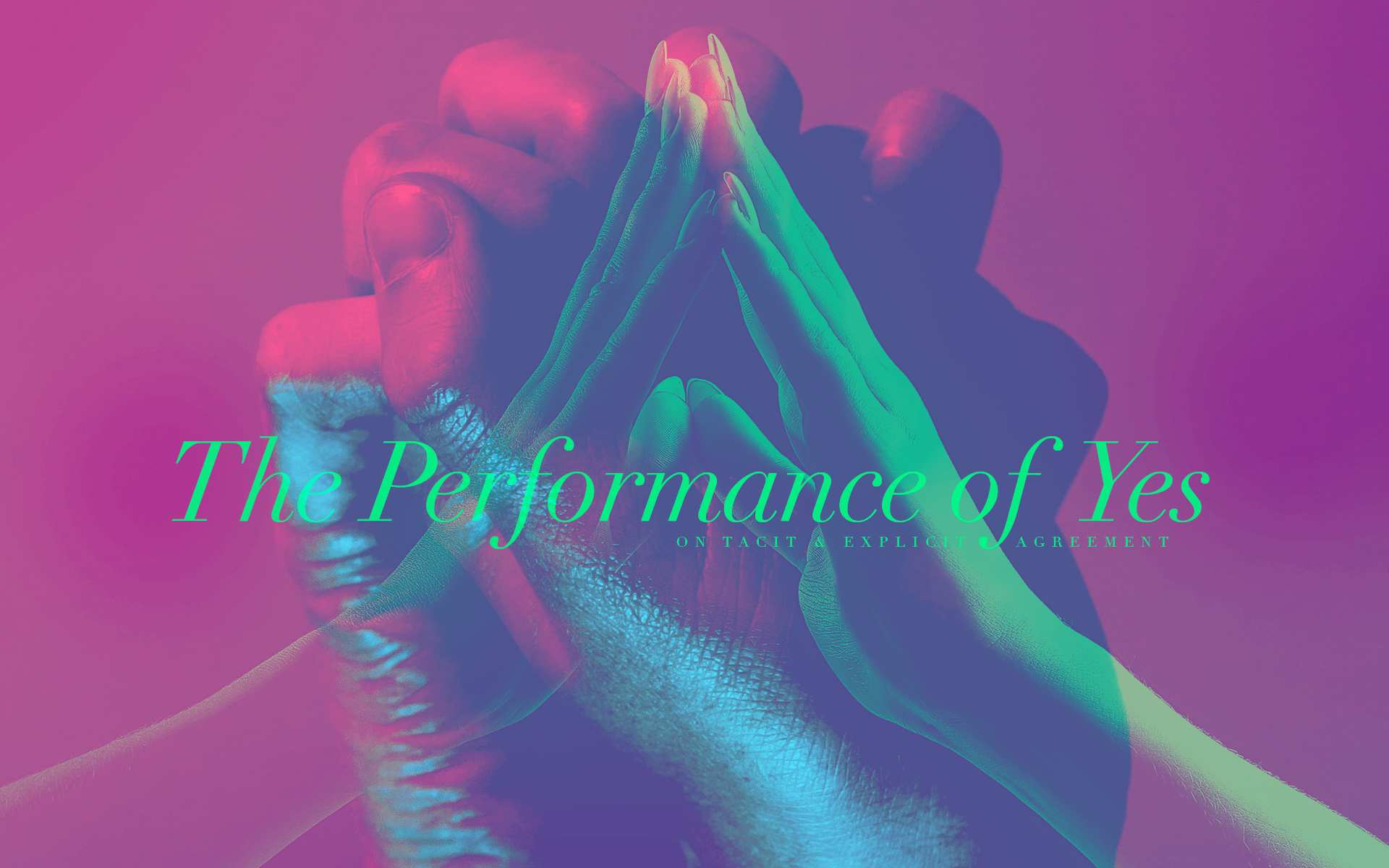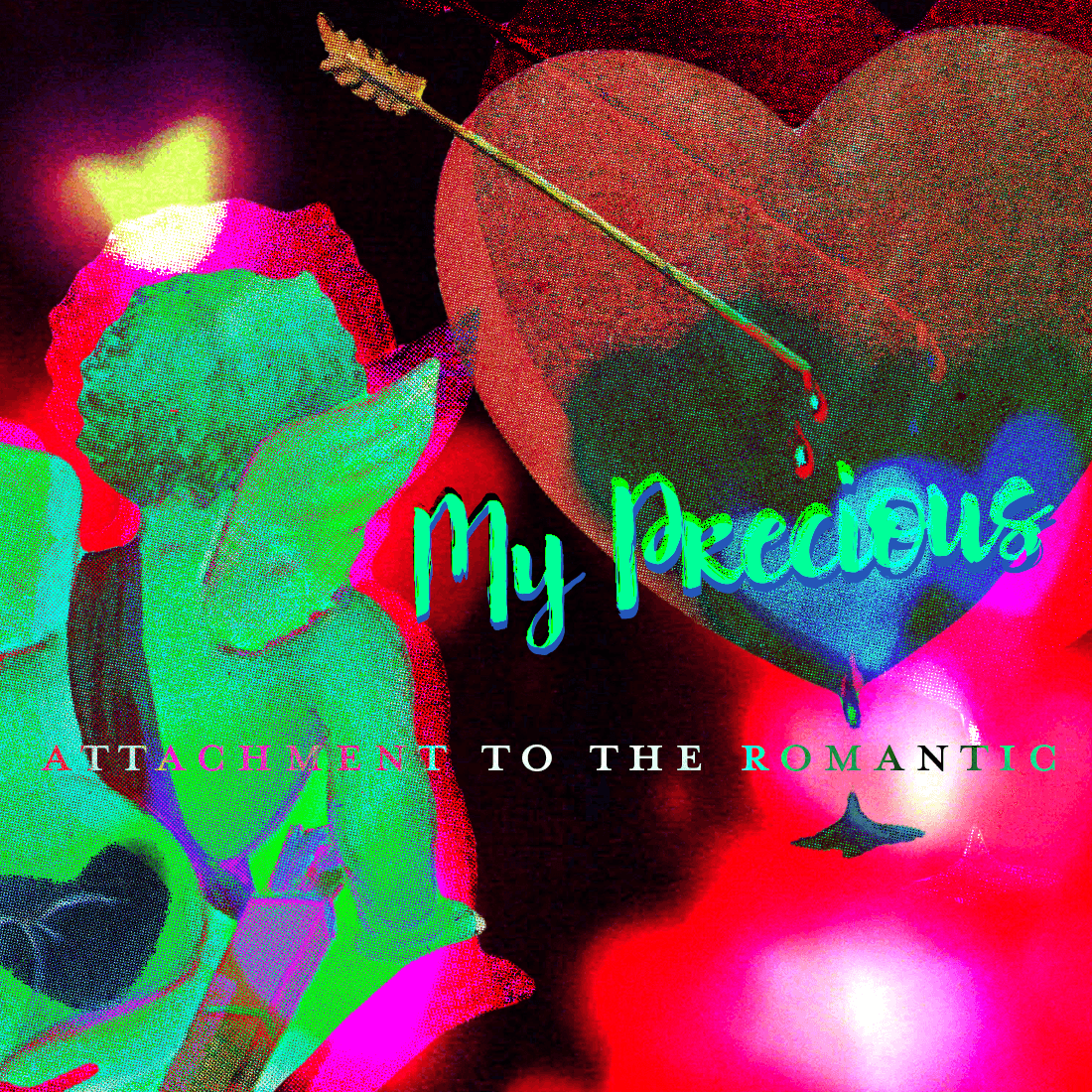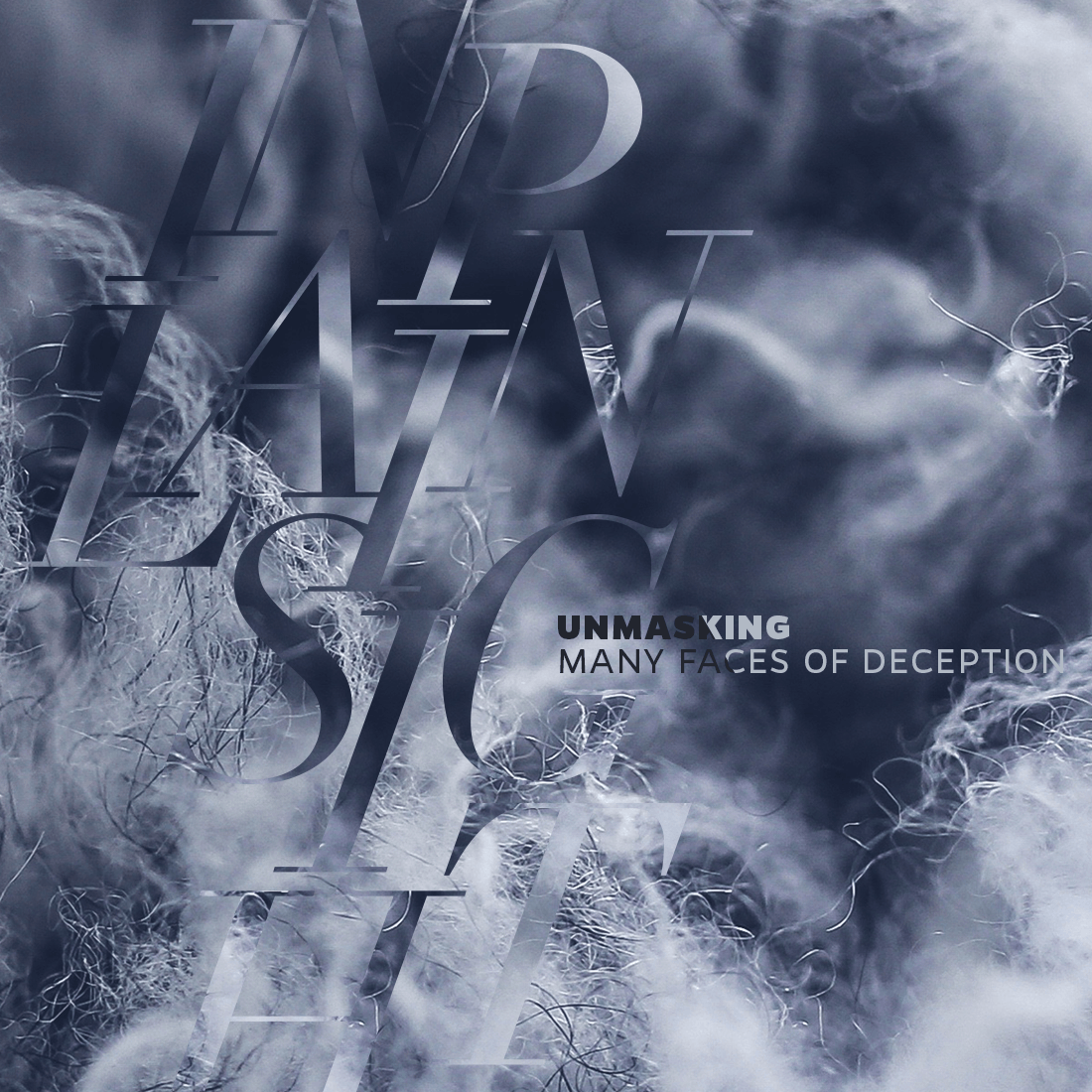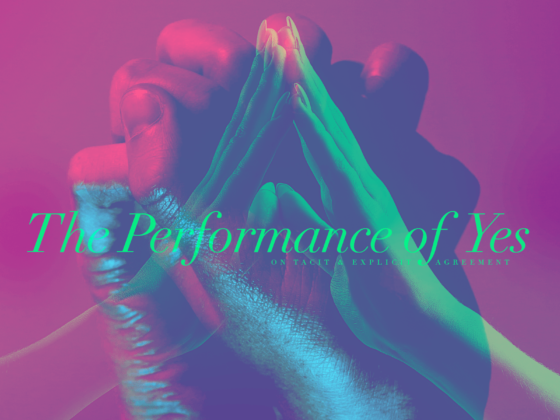KELLEY KIDD
Recently, as on many days, I found myself aimlessly scrolling through my Facebook newsfeed on my commute to work, anticipating nothing more rewarding than the potential tiny thrill of a number on the top right corner of my screen. I opened the website on my phone (because I uninstalled the app in a failed effort to deter this behavior) expecting the dull ache of annoyance, disappointment, and tension in my eyes that usually results from this attempt to pass the time. Instead, I encountered an intriguing trickling in of “Me too”s from the women I admired. Some of them included an explanation — something along the lines of “if everyone who has ever been sexually harassed or assaulted shared the status “Me too” maybe people would start to get an idea of the scope of this issue.”
Tarana Burke, Founder of “Me Too” Movement Speaks Out | Source: © CBS News/YouTube
Over the course of the day, I checked Facebook with an enthusiasm I haven’t felt since early high school. My newsfeed was flooded with a moving, powerful, painful but beautiful chorus of “Me too” that continued to crescendo over the course of the day. I checked the profiles of women whose personal stories of sexual harassment and assault I’ve heard, curious if their voices were part of what I was witnesses. Some were, some weren’t. I felt a powerful compassion for each them, whether they had shared their voice or not, stirred with sadness in the depth of my stomach. Among the voices participating, and in the stories of those that I knew to be absent, there was a persistent expression of how easy it is to believe something doesn’t qualify or, perversely, isn’t good enough. All seemed like iterations of the oft-heard sentiment of the survivor who believes their experience to have been their fault.
I started to hear my own impulse to add my voice and own my experience. In the same breath, I also heard those same fears echoing in my own mind. “You’re just in it for the likes.” “Don’t be dramatic.” And then, playing over twin memories of ”no” and “stop” not being heard, the ever-present “yours don’t count.”
For me, this insecurity stems from the nagging presence of the “maybe” in my experiences — the moments where I performed yes despite desperately wanting to say no, or said no without taking the actions to get myself safe. Somewhere along the way, I came to the conclusion that my worth as a human rode on being unconditionally adored by everyone in the world. I have yet to pinpoint where this came from — I only really know that I came to associate being perfectly lovable with my very existence.
The best way to be lovable, I then decided, was to try to make everyone around me happy as much as possible. I came to believe that this meant being as available as possible to others at all times, and learned as best I could to play that role. I started as early as middle and high school to try to position myself such that I would be needed by others. I was so terrified of being left out or on the edges that group settings made me nervous. So I focused on becoming a confidante, someone people could lean on and come to with anything. All of my relationships primarily existed in 1:1, where my value to the other person was clear at all times.

At some point, people started to pay attention to me as attractive. This began in 5th grade, when I was a cute new girl, then abruptly went on hiatus when I cut my hair off and people thought I was a boy for 3 years. While this is pretty standard stuff for a middle schooler, I was dead set against ever again experiencing the plummet my self-esteem took when none of the other fifth graders wanted to write me love notes anymore.
I came to associate lovability with my physical desirability. Then, as people around me escalated from love notes, to equate desirability with sexual availability. I started to believe that people would like me more if they thought I was available to them romantically. This started to look like using a lot of suggestive eye contact to get people to notice me and to let them know I noticed them.
I met the first boy I “actually” dated at the dollar theater. For those who have never encountered such a place, it was Knoxville’s movie theater where they showed the movies no longer in major theaters but not yet out on DVD. Tickets cost a dollar, the seats were falling apart, and the Twizzlers looked suspiciously ancient. While I waited, I noticed a boy around my age playing games in the arcade. We made eye contact. I looked away. I looked back to see if he was still looking. He was. I looked down and away again — then back. This happened a few times: “Give me your attention, but please don’t actually ask anything of me” is what I imagine was playing through my subconscious. Eventually, he walked up to me, and the first thing he said was, “You’re such a tease.”
I dated that boy for several months, despite obvious red flags that I recognized as such. Afraid of being a tease, but even more afraid of relinquishing the affirmation that I believed to be necessary for my sustenance, I started letting my “maybe” turn into “yes” — or at least into acquiescing silence — of whatever he suggested. Eventually, when he told me, “it’s better to lose your virginity to someone you aren’t in a relationship with, because it makes it easier to transition out if things don’t work out,” I started to avoid hanging out with him. I was still too afraid that I would knock points off my lovability to tell him “actually, that doesn’t work for me.”

The worst thing I could imagine doing was simply saying “no, sorry, I can’t” to someone who might think I was pretty. I somehow also found myself expecting that if I gave someone what they wanted in an interaction, that would resolve the situation — we would both get our attention fixes and go our separate ways. In high school, when boys sent flirty texts and asked for photos, I flirted back and engage them with the possibility that they’d get what they want. I thought that telling them what they wanted to hear would somehow both get them to like me and also get them to leave me alone. Instead, when I flirted with someone while I had a boyfriend then acted confused when he thought I was serious, he got more upset with me than if I’d never engaged at all. When I uncomfortably acquiesced to the initial requests of a recently graduated senior boy who started giving me attention, I found that his expectations kept escalating. He went from asking for photos to trying to split a hotel room. I sat on the other side of the phone shaking and terrified, yet I was unable to do anything more assertive than coming up with excuses until he finally gave up.
I felt that I couldn’t afford to turn anyone away. In college, this came up against the alluring and terrifying combination of alcohol, hook-up culture, and the freedom of experimentation that leads people to do all sorts of dumb shit (“important learning”) in college. During a particularly low moment for my self-esteem, I found myself in no less than 6 situations in one semester where I was physically pushing other people’s bodies off of mine, with varying degrees of success.
Prior to each instance, I would recognize a very quiet nudging voice suggesting that, perhaps, going on a date with someone who had gotten my number by lying to me or going over to someone’s apartment whose reputation for sexual respect was shaky might be something to avoid. I operated from a quiet fear of saying or doing anything to deter the person across from me (or on the other side of the phone) from wanting me. “If I don’t act impressed by this ridiculous political opinion…” “If I don’t get in this cab to his apartment…” Or, “if I don’t go back over there despite what it was like last time…” I faced the horrifying possibility of losing their attention. I was a slave to this fear of loss, even when I knew giving them what they wanted would not make me feel good. I had become so desperate for love and affection that it did not occur to me to assess the safety of these situations until they were no longer safe. I trusted that someone else would set my boundaries for me when the appropriate moment came, so I lived in a resolute, blind hope that “maybe it’ll be fine.”

In these moments of the maybe, I experience a sense of inevitability. My sense of agency seems to evaporate. In its place stands a compulsion to chase affirmation anywhere it leads me, regardless of whether that feels good or what the destination might be. Often, the drive is less towards the affirmation or affection itself — if I really looked at what was being offered, I’d often see it wasn’t all that appealing. Instead, I am running full speed away from the fear of facing the possibility that anyone anywhere might hold me in less than absolute positive regard, view my behavior as hurtful, or remember me as not having given them what they wanted.
I am moving so urgently away from what’s behind me that I fail to look ahead at the consequences I am propelling myself towards.
But once I find that the experience is not what I want it to be like, I do not know how to disengage. The expectation of my presence and engagement has been set. I’m already in an apartment in another state with someone I barely know, or about to have anal sex with a stranger.
I have placed myself in a situation where saying no grows progressively more and more difficult, rather than less and less so. I may even have tried verbalizing my boundaries but found myself unwilling to take the corresponding action to resist the momentum of the situation. So then, after maybe after maybe (which looks a lot like “yes” from the outside, especially to someone looking for a yes), I reach a breaking point.
Long after the state where I felt physically and emotionally safe, the reality of the situation strikes me.
As if shaking myself out of a dream, the scene becomes literally clearer before my eyes. A fog lifts and I am abruptly naked without my denial to shield me from the fact that my real life is here and now.
I suddenly see that the options in front of me are to proceed with something that does not feel OK for me out of fear of upsetting someone else or to get the fuck out.
I’ve done both.
The former left me trying to fall asleep next to someone in a twin bed while assessing how jump-able the Key Bridge really was. The latter looked like yanking my pants on and running away without saying good-bye when someone went into another room to get a condom.
Neither one felt great.

What happens in moments when I want to say no but don’t? When I try to go into it in my memory, it feels the same way as when I say my drink order is fine when it sucks, or when I go to meetings for a project that I don’t feel ready to say no to, but didn’t really mean to commit to either. It feels like when I tell my friends “maybe” when I know I can’t come to things because I don’t want them to be upset. I want nothing more desperately than to be able to tell people what they want to hear and to give them want they want from me.
This pattern has persisted over time and across contexts, manifesting in a perpetual tension inherent in my desire to appear endlessly available when I simply am not.
Then, by the time I realize what I’ve done, I’ve narrowed down my options to bailing on plans at the last minute, bowing out on the people who are relying on me, half-assing what I’m doing, or ghosting. These panicked last minute “actually, no”s usually leave me and the other party more distressed and disappointed than the initial “nah, I’m good” would have.
Most of the time, I forget in that moment that being respected and being liked do not always result from the same behavior. I forget that the image of someone who gives others everything they want is not always one that receives social positive regard — a consequence I have also encountered in the form of whisperings of “slut” behind my back. I forget that being liked for my unconditional availability can cause trouble for those who trust me, damaging the relationships where real affection lives and grows.

So what else is possible? I am still trying to hone in on what happens in that blackout state where my subconscious impulse seems to drag me to do anything someone else is asking me to be at that moment. Sometimes now, I notice it sooner. Sometimes I’m able to try something different — to lean out of the interaction instead of engaging to reinforce the attention I’m receiving. Sometimes I step back instead of lean in when someone flirts with me at a party. It is not graceful, but I am grateful to say it has been a long time since I’ve given my number to someone in hopes it will make my problems go away.





